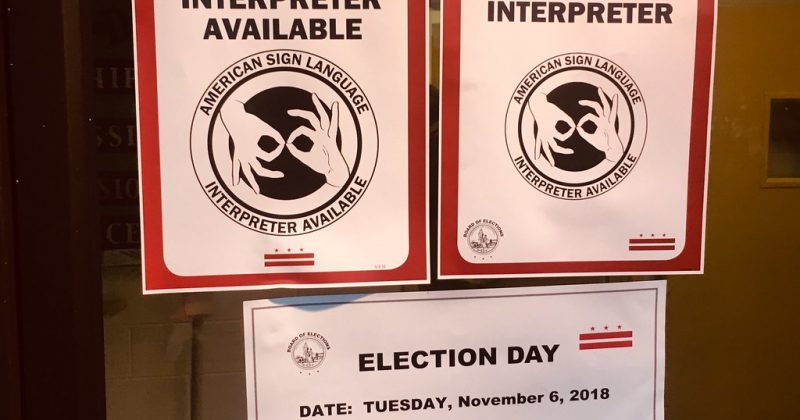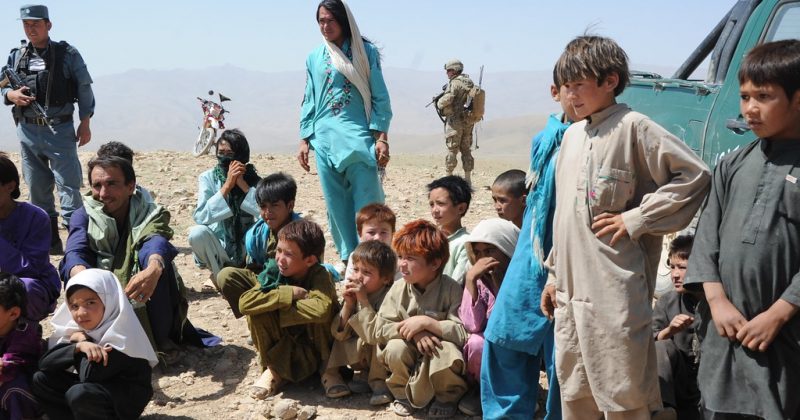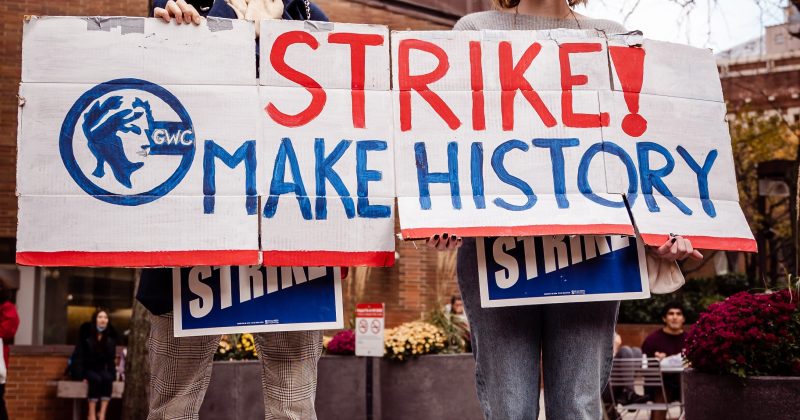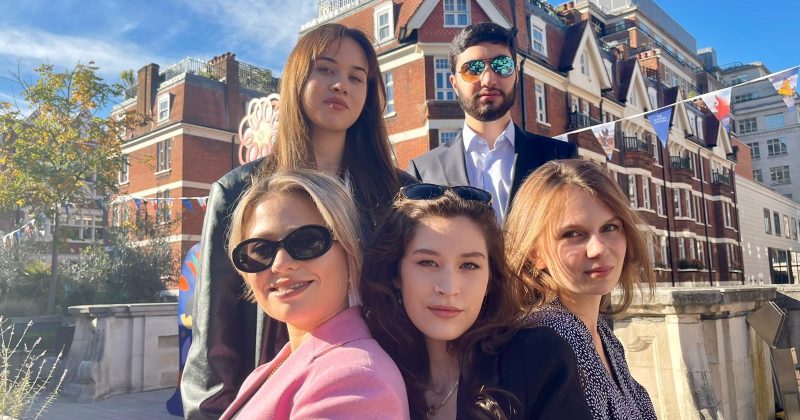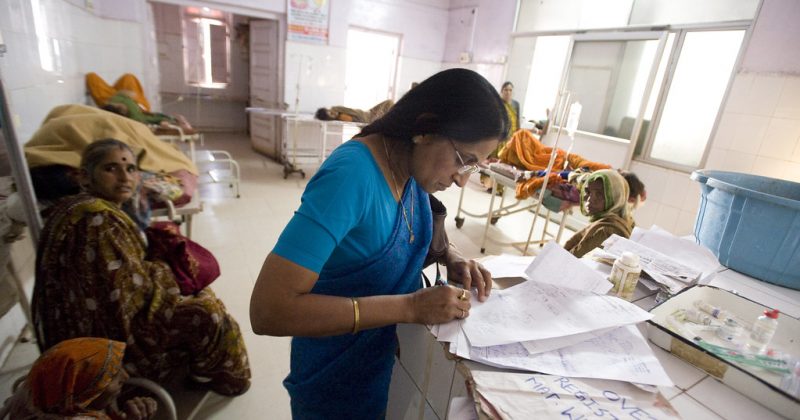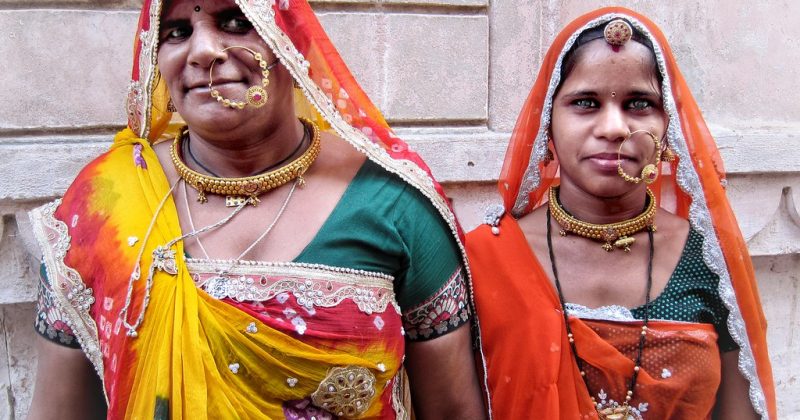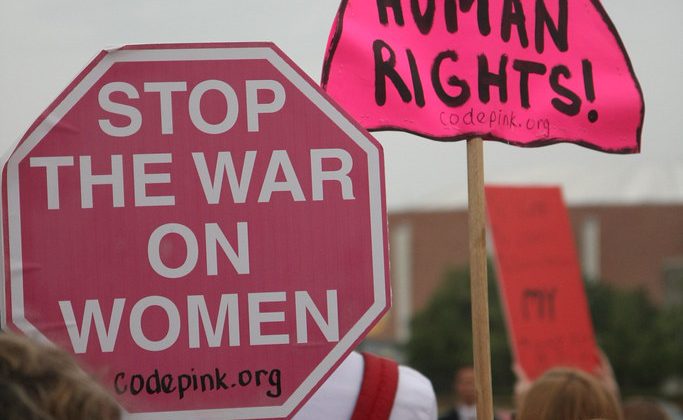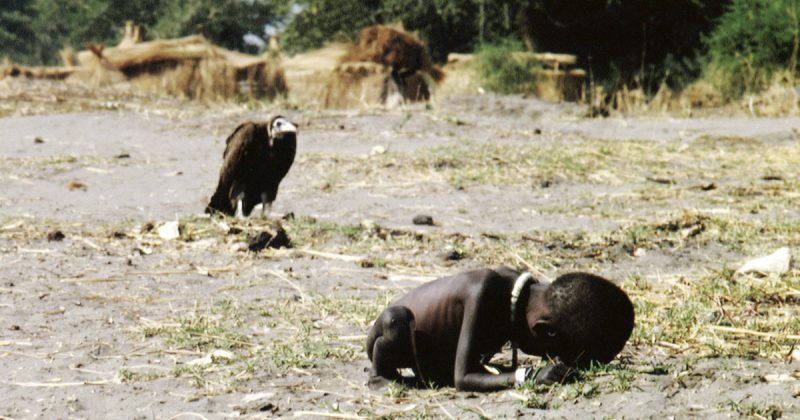
When Football Fails Human Rights
By Dallin Durtschi, staff writer
Sports teams are sometimes owned by well-known public figures. The Dallas Mavericks are owned by Mark Cuban, Will Ferrell owns part of Los Angeles FC, and last month, the man responsible for ordering the brutal murder of Jamal Khashoggi also purchased the majority share of Newcastle United, an English Premier League football club. This new owner is none other than Saudi Crown Prince Mohammed bin Salman.
In October, the Saudi Public Investment Fund (PIF), whose chairman is the Saudi Crown Prince, was granted permission by the English Premier League to purchase Newcastle United. Amnesty International has outcried and rejected the Saudi purchase pointing towards the massive human rights implications.
Saudi Human Rights Abuses
Lack of Freedom of Speech
The Saudi State carried out the infamous murder of journalist Jamal Khashoggi which is a demonstration of their commitment to rejecting freedom of speech and crushing criticism of the state.
Women’s Rights Abuses
Their women's rights abuses are systematic and heinous. Women are not...

